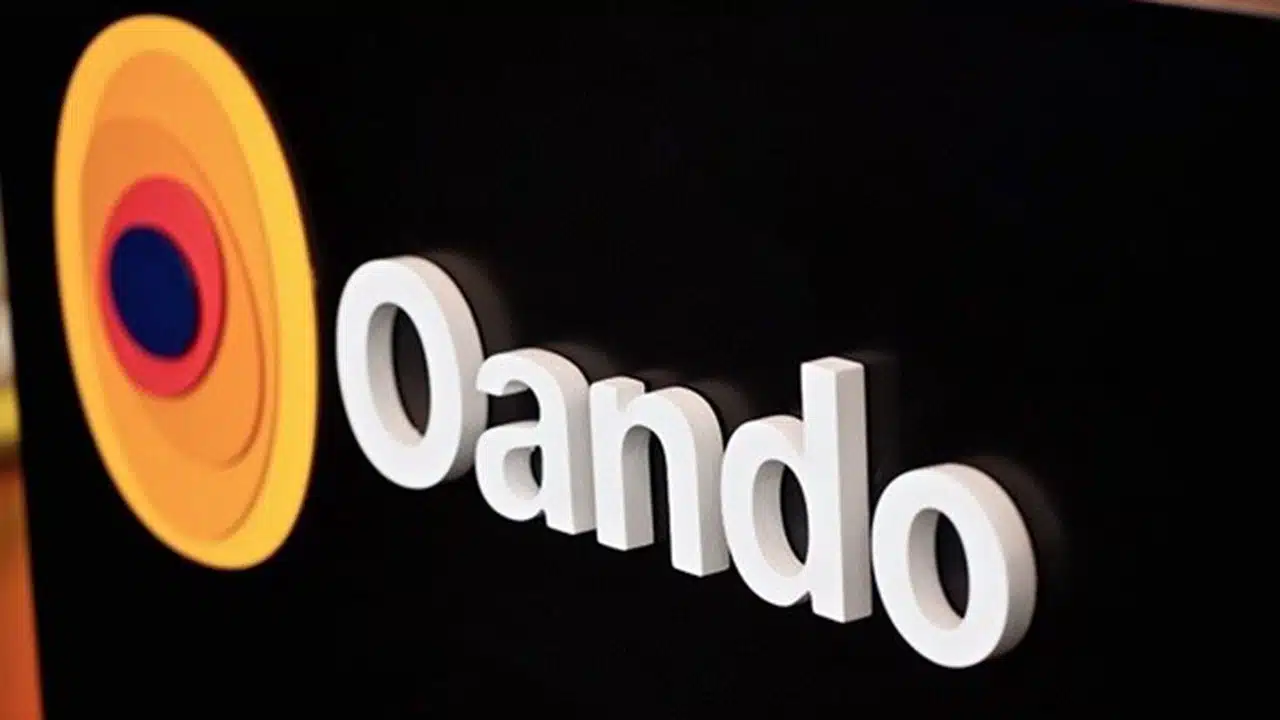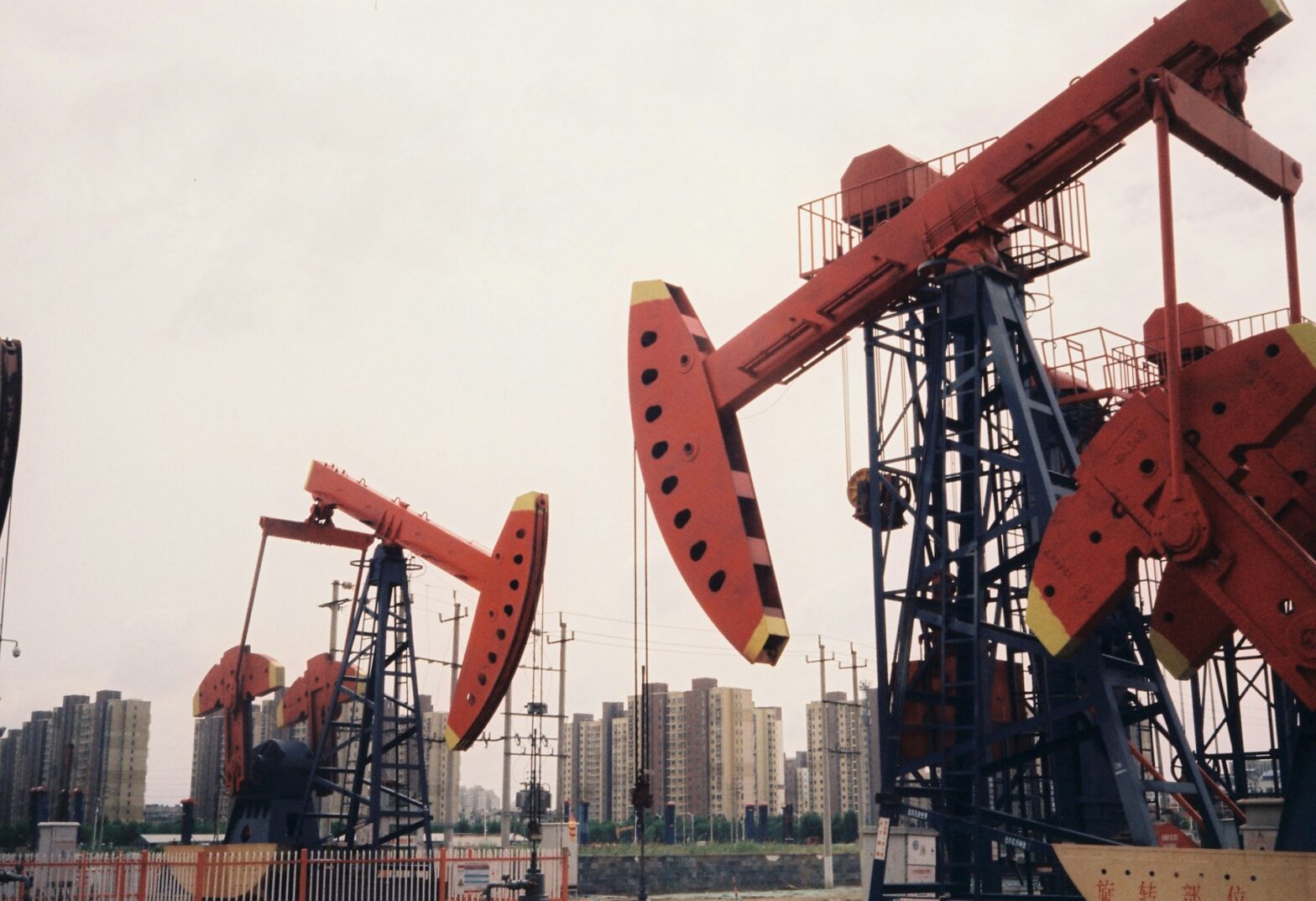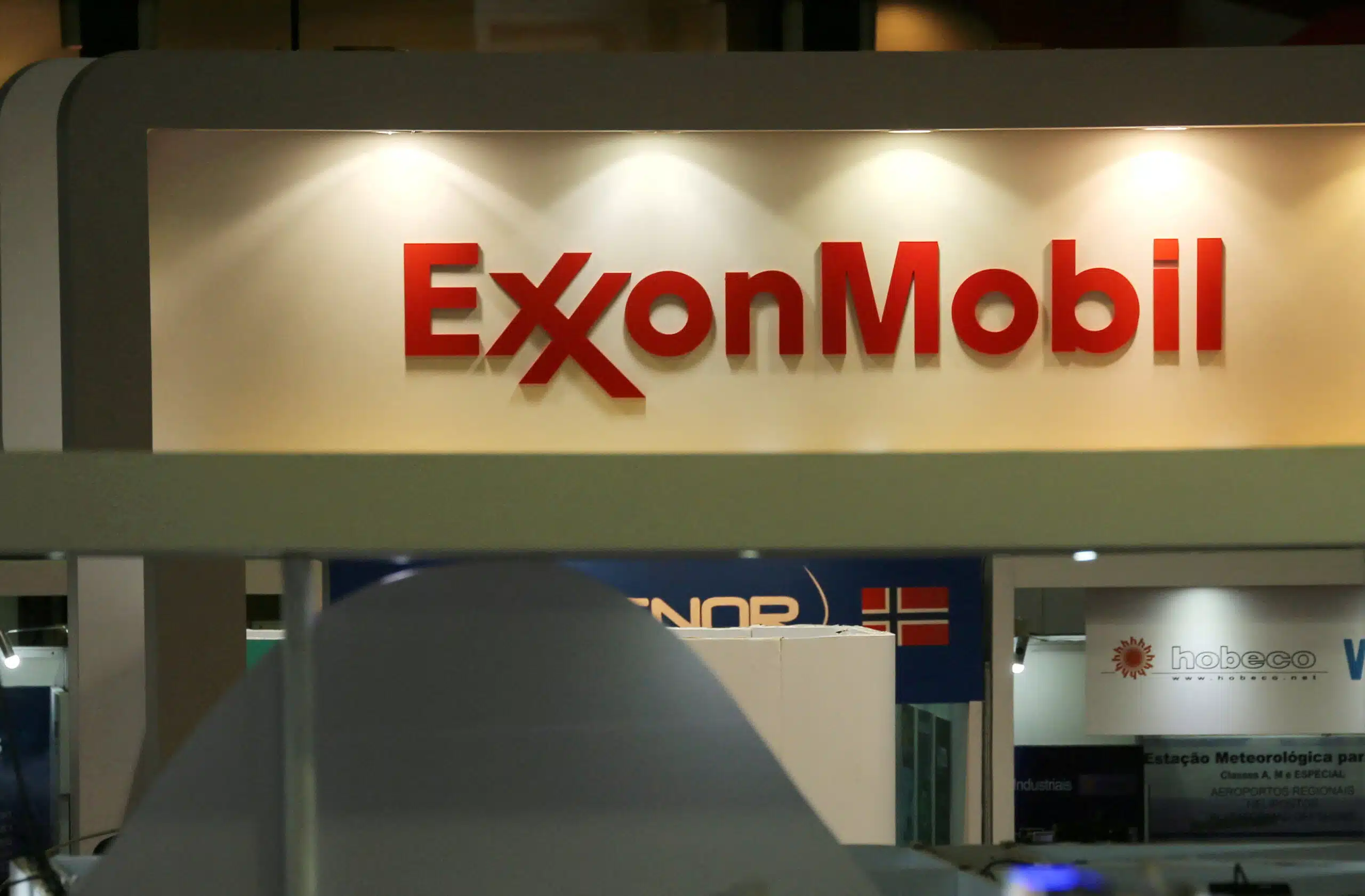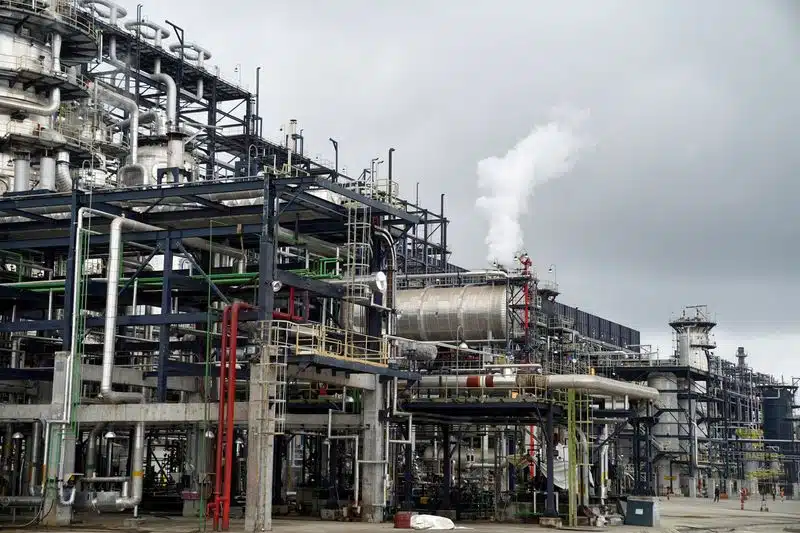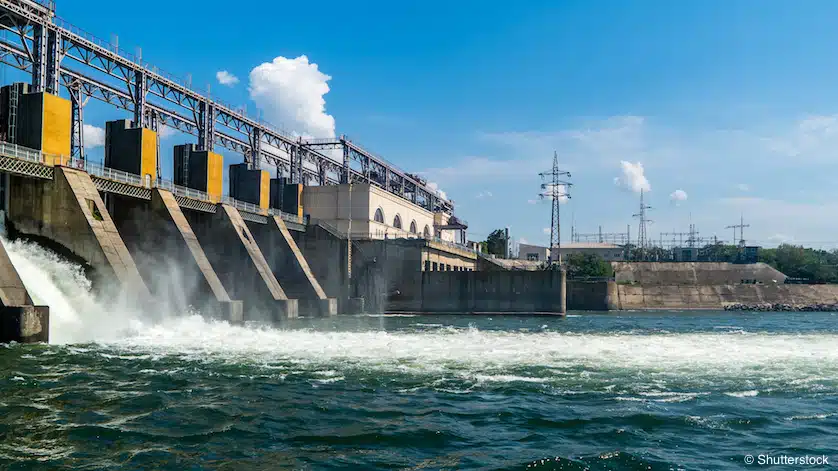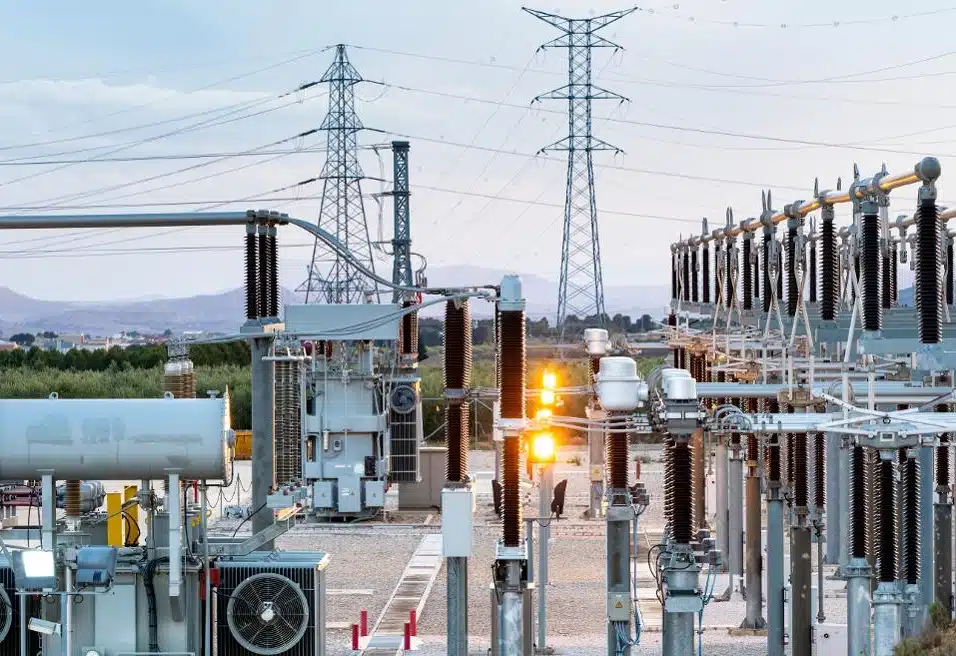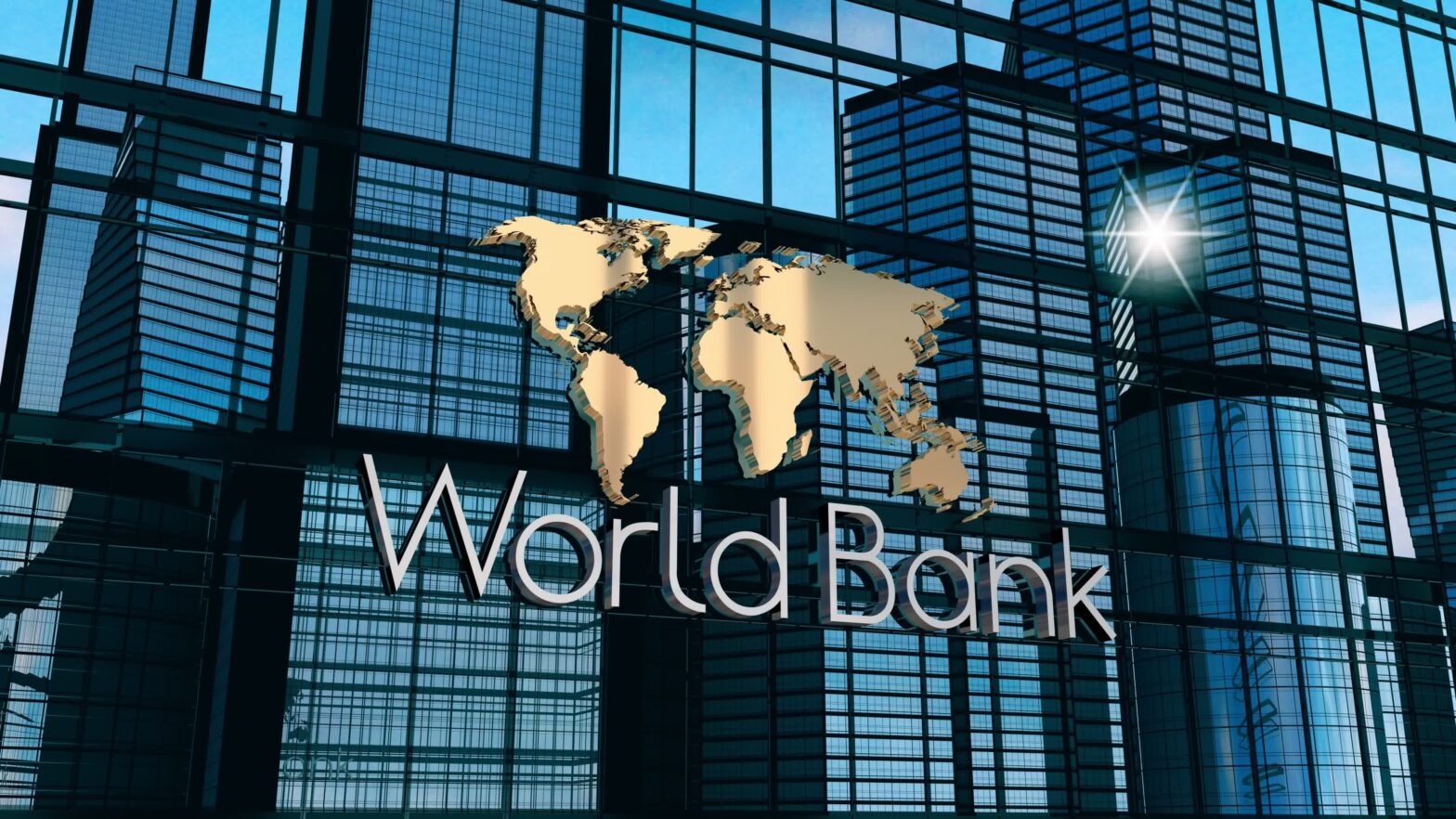Seplat Energy Plc, Nigeria’s leading indigenous oil and gas producer, has said it is committed to eliminating routine gas flaring from its onshore operations by 2025, five years ahead of the federal government’s 2030 target.
The company made the announcement in a press release shared on its official X account on Friday, as seen by Energy in Africa.
Routine gas flaring remains widespread in Nigeria’s oil industry.
The intensity of the practice has increased in recent months due to a rise in the country’s active rig count.
According to a recent World Bank report, indigenous oil producers, including Seplat Energy, were responsible for 60% of Nigeria’s total gas flaring in 2024.
That year, the country flared 6.5 billion cubic meters of gas, marking a 12% increase compared to 2023.
“We have made a commitment that by the end of 2025, we will have gone completely off routine flares, and that is five years in advance of the government’s target which is 2030,” Seplat Energy’s CEO, Roger Brown, said.
“Long term it’s not acceptable to be flaring gas. And in fact, there is a market full of gas. So, why would you flare?”
Seplat’s gas flaring reduction efforts
Seplat entered the Nigerian oil and gas sector in 2010.
That year, it acquired several oil and gas assets that have remained part of its core operations in the country till date, including its recent $1.28 billion acquisition of ExxonMobil’s assets.
“When we first bought these assets back in 2010, gas prices were I think around 10 cents per million scuff. It was a headache. It was unprofitable.
“Along with the acquisition came a domestic supply commitment of around 130 million scuffs. There was no value put on it. And what we also have done is to [put in] a lot of CAPEX or technology to ensure that we are taking down the flares completely.”
Earlier in July, Seplat’s COO and Executive Director, Samson Ezugworie, also stressed the company’s focus on technology as a critical driver of business growth and operational efficiency.
Driving gas sector growth and energy security
In addition to being a major player in domestic crude production, Seplat Energy is significantly advancing Nigeria’s gas sector, with investments in LPG, CNG, and gas monetisation.
The company currently supplies 30% of Nigeria’s domestic gas demand, supporting national energy security and industrial development.
“We foresee a big growth in the gas sector in Nigeria, because there [are] a lot of gas reserves in the east. We believe in this for the future.”
Seplat’s gas output rose by 50% to 14.9 billion cubic feet (bcf) in Q1 2025, up from 10 bcf in Q4 2024.
Before next year, the company plans to expand its total gas processing capacity in Nigeria to 850 million standard cubic feet per day (MMscf/d) across three key plants;
- ANOH Gas Plant – 300 MMscf/d
- Oben Gas Plant – 460 MMscf/d
- Sapele Gas Plant – 90 MMscf/d
According to Seplat, these facilities together can supply gas to 15–20 million Nigerians.
While the Oben and Sapele plants are already operational, the ANOH Gas Plant is in the final stages of development.
ANOH project and CNG ambitions
The $420 million ANOH project, located in Imo State, is one of Nigeria’s most ambitious greenfield gas developments. It is designed to deliver dry gas, condensate, and LPG to both local and export markets.
“It is mechanically complete. And we are hoping to produce the first gas this year. That’s 300 million scuffs of gas there that will transform the east, because there are a lot of gas reserves in the east,” Brown added.
Notably, ANOH has zero routine flaring.
In support of President Bola Tinubu’s initiative to integrate compressed natural gas (CNG) into Nigeria’s transportation sector, Brown also revealed that “Seplat is looking at putting a CNG compressor on one of those gas plants.”




